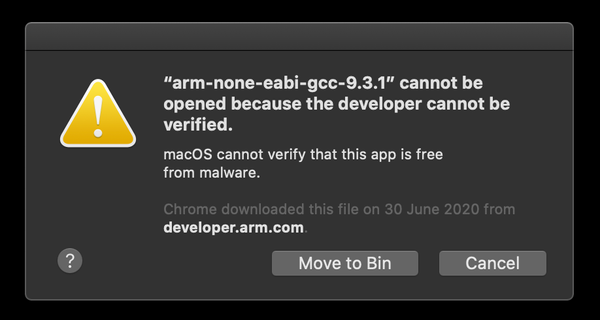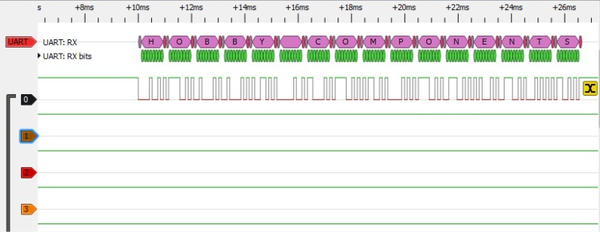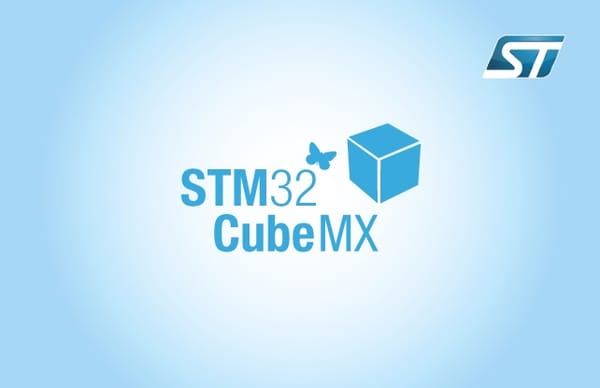Jetty on RHEL 7/CentOS 7
If you look around on the internet you may find a lot of blogs guiding you on the installation of Jetty in RHEL 7 (or CentOS) which require you to download a new fresh distribution of Jetty tarball.
Since Jetty is already packaged in RHEL 7, I’d rather use the packaged version instead of adding a new piece of software which I would need to maintain afterwards.
Below the procedure I’ve applied to get a working Jetty deployment integrated with systemd with multi instance support (that is you can deploy more instances of Jetty if you need to).
As a first step you need to install the Jetty packages. Being a highly modular design, you can select which modules (packages) you need depending on the kind of application you’re going to deploy. In my case I had a fairly simple war to deploy – needing PostgreSQL connectivity and JNDI – so these packages did the job:
yum install jetty-runner jetty-start jetty-deploy postgresql-jdbc
Then download the [email protected] systemd unit file and place it in the /etc/systemd/system directory, then make systemd aware of the new file:
systemctl daemon-reload
Now you can prepare your Jetty environment in /etc/jetty/instance_name
This one should contain at least an etc directory, were the jetty confs reside, a webapps directory were you’ll deploy your wars and a lib/ext directory which you can use optionally to add jars to the instance classpath – in my case I’ve dropped a symlink there to link PostgreSQL’s JDBC3 driver at /usr/share/java/postgresql-jdbc3.jar.
I’ve provided a instance_template tarball that you can use as a starting point.
Alternatively you can always download the jetty distribution (matching the same version as RHEL’s package) and copy its etc directory to use as a template in your instance directory.
When the instance environment is ready you can start it via:
systemctl start jetty@INSTANCE_NAME
To have Jetty started at boot you can enable an instance:
systemctl enable jetty@instance_name
You can track the status of Jetty using the standard systemd commands:
systemctl status jetty@instance_name
Enjoy your packaged jetty!



